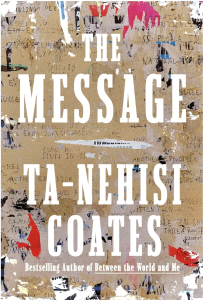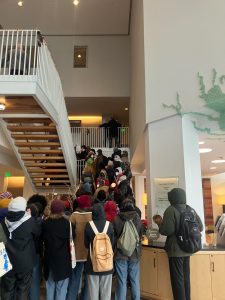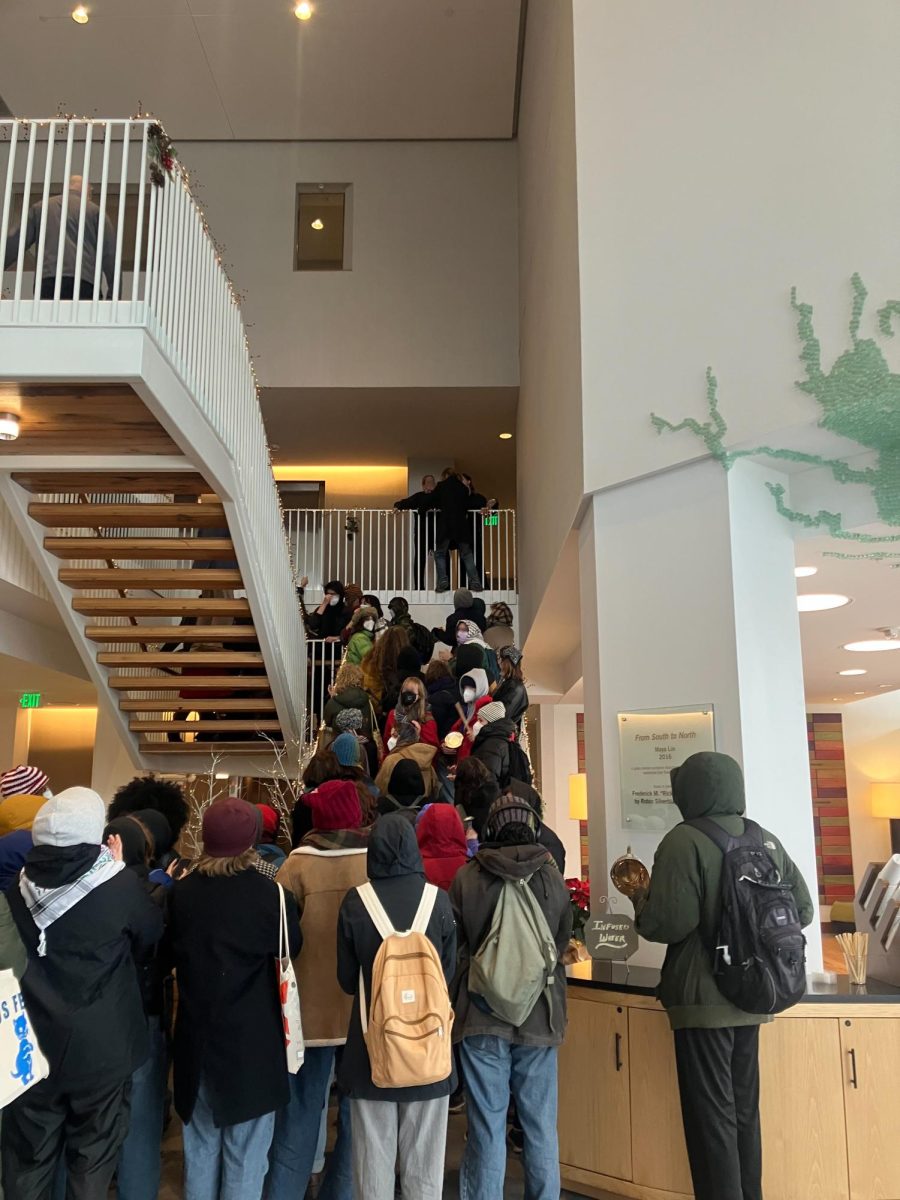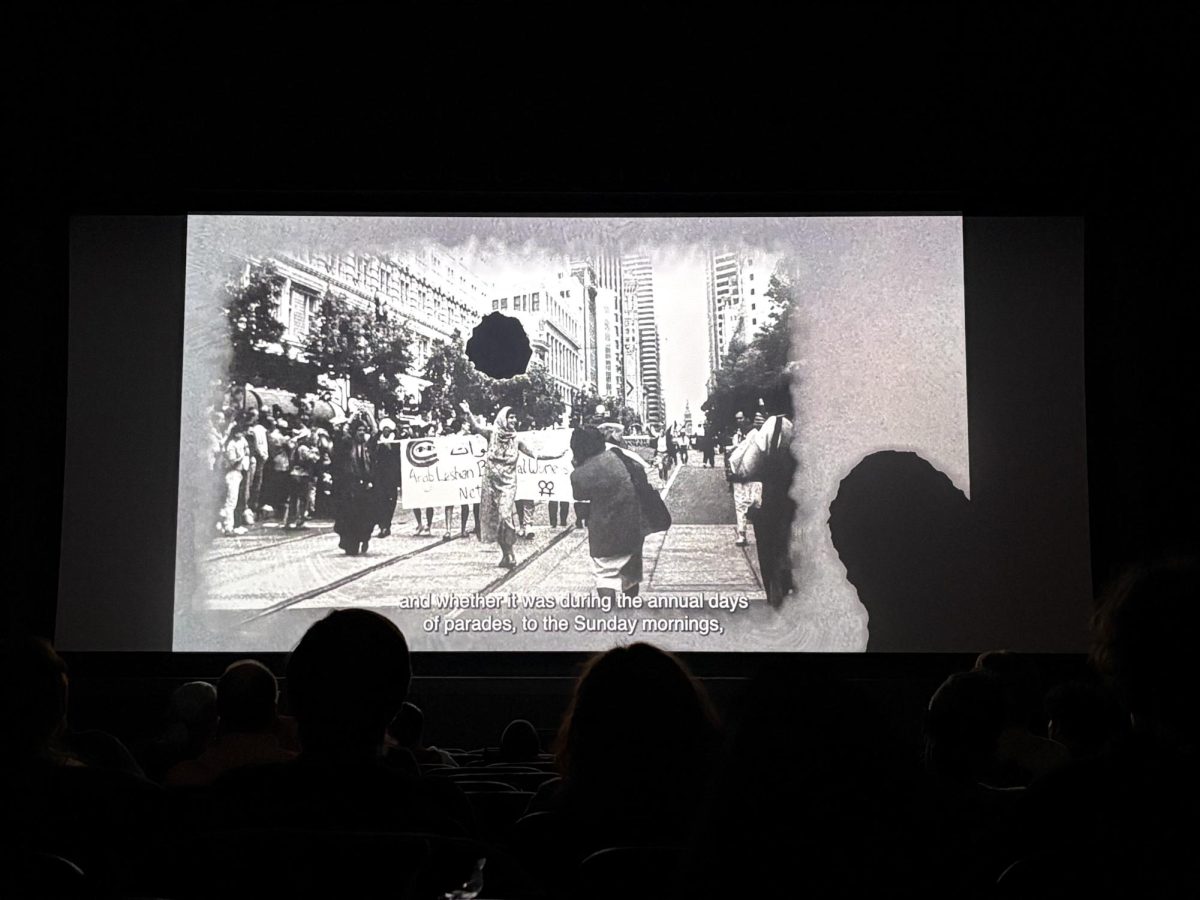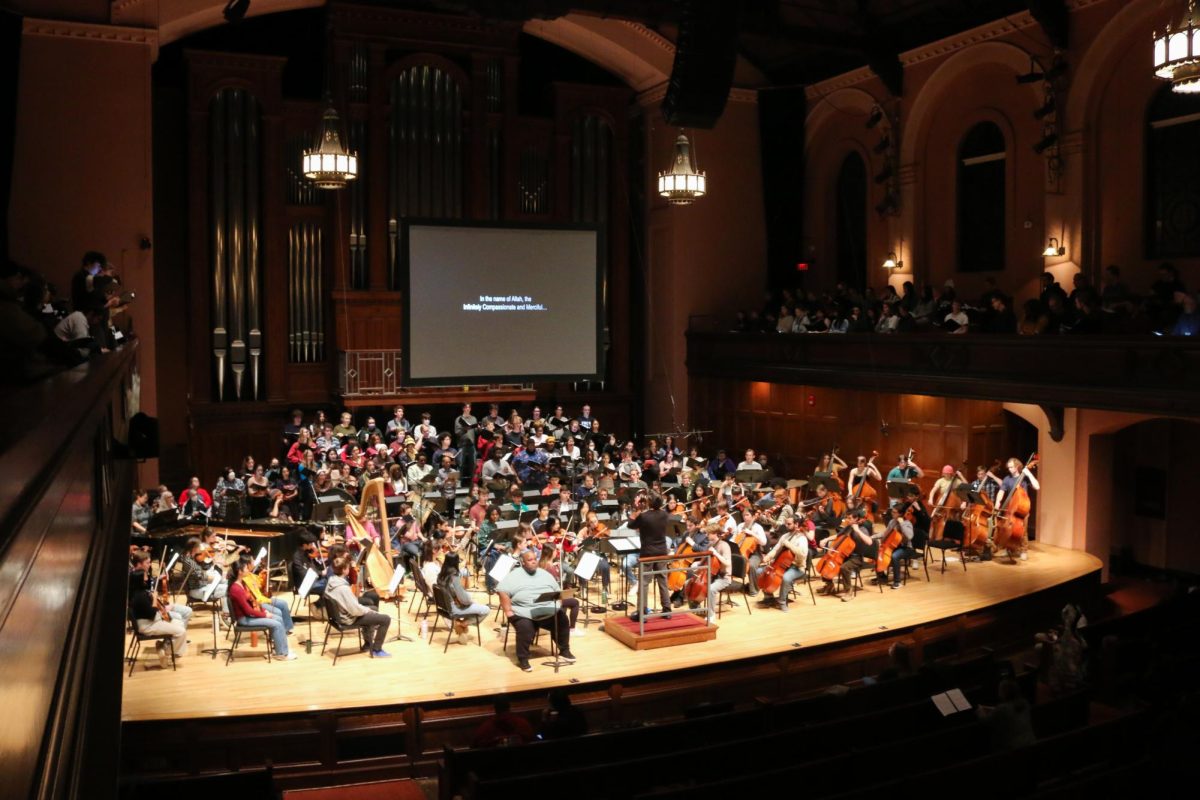Off the Cuff: Jodi Dean, Professor of Political Science
March 10, 2017
Jodi Dean is a Political Science professor at Hobart and William Smith Colleges and has written multiple books on political theory and communist revolution. Dean’s 2016 book, Crowds and Party, explains why movements such as Occupy Wall Street were unable to maintain momentum after they ended and explains how the left should reinvigorate itself. Dean’s talk, “Crowds and Party: Movements, Organizing, and Fighting Back,” is the Oscar Jászi Memoral Lecture hosted by the Politics department. Much of the talk will be based on Dean’s work in Crowds and Party, but she added there may add a part that pertains to how political movements will differ under the Trump administration. The talk will take place in Craig Lecture Hall Tuesday at 4:30 p.m.
This interview has been edited for length and clarity.
Could you talk a bit about your recent book, Crowds and Party?
The basic idea is to make an argument to the contemporary left that we need to be better organized, more tightly organized, and that means we have to stop focusing on singular movements and on individual opinion before building a new revolutionary communist party.
I gathered that some of the book is inspired by the Occupy movement over recent years?
Yes, the stimulus from the book came from Occupy Wall Street and its end. I was concerned with what happened after the movement stopped. It was also inspired by what happened with Syriza in Greece. Syriza is the coalition of the radical left in Greece, and they moved from the Greece equivalent of Occupy, the Greek movement of the squares, … into government. They had problems when they got there, but that was an inspiring way to use movement politics to create a radical political party.
What would you say are the main ways the internet and how we digest information have impacted these political and social movements?
I have a theory of communicative capitalism, and it emphasizes the way democratic practices and capitalist economy have blurred into one another to the detriment of democracy. Now people think all the things they do democratically, like expressing their opinion or signing petitions or sharing stuff on the internet, they think that’s the way they understand democratic practice. But that actually tightens the grip of capitalism on our everyday lives. There’s a problem that left politics confronts these days, and one way to understand it is through the framework of communicative capitalism. Part of my view is to emphasize to the left that, look, just getting information out there or spreading awareness or making a new website or creating a Facebook page, not only is that not an end or goal, it’s not even the best kind of means. We can’t avoid doing that, but we have to recognize it’s part of the trap we’re in, and we won’t be able to address it until we recognize it. There are thinkers in new media that emphasize [that] the internet is a democratizing force. But they ignore how it’s a force to strengthen the grip of capitalism.
And what was the purpose or argument of your other book, Communist Horizon?
The Communist Horizon first says that the left needs to reclaim communism, recognize that we’re still in a framework where communism should be our goal. This is crucially important because communism is the set of political ideas that tells us the only just system is one that has production for the benefit of all, based on needs, not on the profit of the state. The left is confused when it doesn’t address this. As long as there’s capitalistic exploitation, there’s going to be inequality and injustice. We’re going to have a hideous police state that’s used to keep people down. Such a police state is totally racist. It uses racial division and mobilizes racism to protect the capitalistic elite. Any division that it can, capitalism mobilizes.
In Crowds and Party, do you relate to how protests and movements will change going forward in the Trump administration?
It’s easiest to just think about stuff in social media. In social media, truth and lies are equal to each other. Both can circulate, both are shared. Anything that I call the use-value of an utterance falls away in favor of its exchange-value. Meaning matters less than circulation power. That’s why you can circulate stupid memes and cat photos and such. It doesn’t really matter what they mean, it’s just, “are they sharable?” People can share stuff for different reasons, some will share it because they agree, others share it because it’s outrageous. Half of the time, people share really quickly, not paying attention [to] whether they agree or not. This is a feature of communicative capitalism. It means that meaning falls away in favor of circulation.
All of this stuff on fake news, it misses the point. The point is all communication in social media circulates with no regard for truth or falsity. It’s the same way capitalism doesn’t care if a business owner is a good guy or bad guy, or what his race is, or what his religion is, in general. It’s just like how people will share anything on social media. To try and make something like fake news, that doesn’t even matter anymore on social media. It’s like the dynamics of social media operate at a completely different level.
It definitely seems like the clicking and automatically agreeing to things we share on Facebook makes it so we don’t have time to actually read through an article.
Absolutely, speed is part of it. The total speed up of communication dynamics we have online, it’s just like factory speed up under industrial capitalism. Communicative capitalism relies on fastness, volume — and we need to experience that a little bit, yet stupidly. People, myself included, feel happy and good if we get a bunch of shares or retweets or likes. It’s like, “Oh, somehow that’s good for me,” which is a little inane, but it is the way we feel, so it’s part of the dynamics of the media. I think Trump is clearly a feature of communicative capitalism, and now what we can see is we’ve got the Twitter-ization of mainstream politics. That’s a little bit new and interesting that it follows from communicative capitalism.



